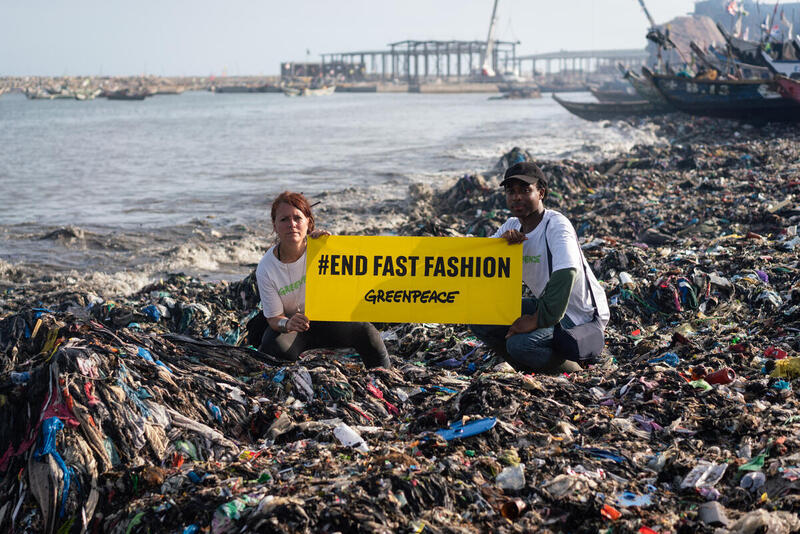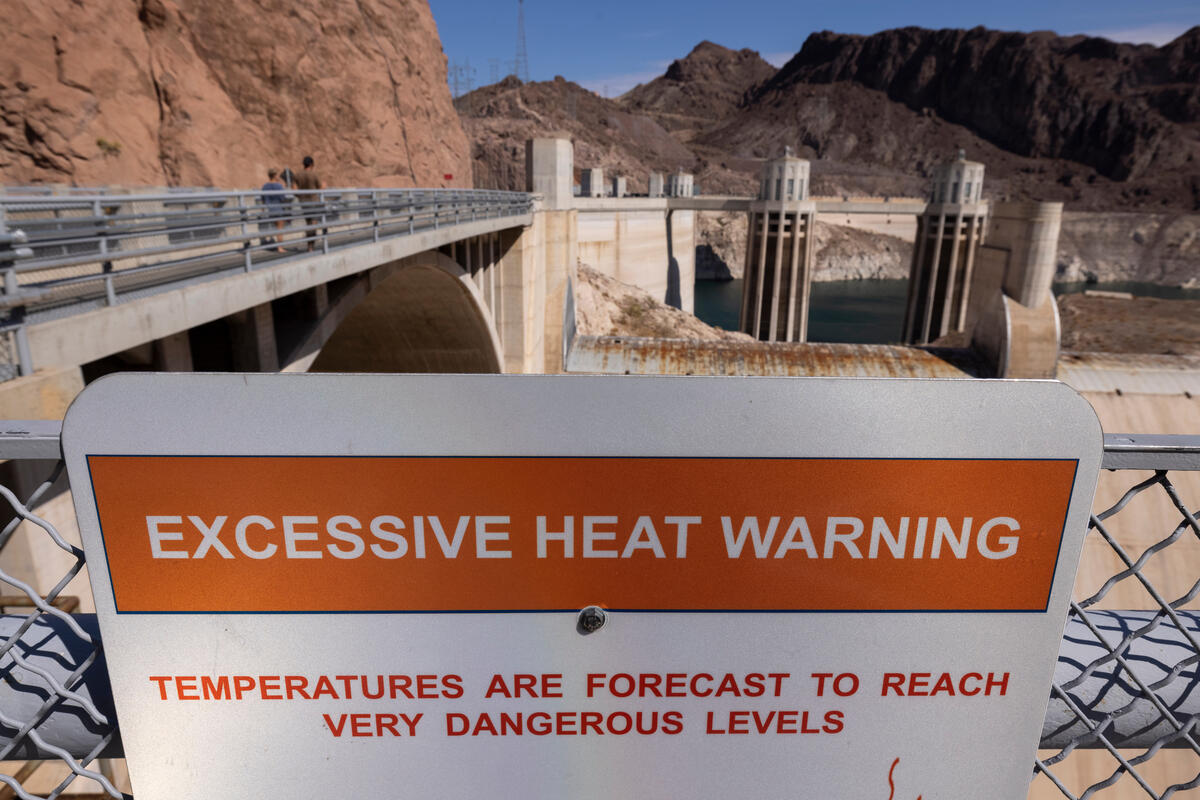Table of Contents
- Why file a complaint with the Human Rights Commission of Malaysia?
- Greenpeace’s Forest Campaign: Is Greenpeace anti-palm oil?
- How does haze and transboundary haze happen?
Human Rights Commission of Malaysia
Q: What is this Suhakam Haze Complaint? What’s human rights got to do with the haze?
A: This haze complaint is all about a group of Malaysian civil society organisations coming together in response to the chronic and persistent haze pollution and calling for systemic solutions for overcoming haze pollution and protecting our right to clean air. Haze pollution is primarily a man-made problem, coming from domestic as well as transboundary sources. Haze pollution is the symptom of unsustainable approaches to development and agricultural activities. These have resulted in a pattern of extensive and devastating social, environmental and economic harm. People in Malaysia who are affected by haze pollution have no access to justice in that those who have rights are unable to claim them against those who have responsibilities.
Transboundary Haze Pollution and links with Malaysian Businesses. For example, the Environment Minister of Indonesia publicly named four subsidiaries of Malaysian companies that contributed to forest fires in 2019. The Malaysian companies that were linked include Sime Darby Plantation, IOI Corporation, TDM Berhad and Kuala Lumpur Kepong Group.
Q: What is Greenpeace Malaysia hoping to achieve by filing a complaint?
A: Our main hope is to empower haze-impacted individuals and communities through not only greater public access to information on the source of haze, its effects on their livelihood and the companies who are responsible. As well as access to justice, by paving or easing the way for haze impacted communities to take actions to protect themselves and their families based on the polluter pays principle.
Among the main hoped for recommendations we seek from SUHAKAM are:
- Strengthening the recognition of environmental rights in Malaysia
- Strengthening Malaysia’s air quality governance
- Strengthening governance of transboundary haze pollution
- Strengthening Business and Human Rights in Malaysia
Q: So what will happen after SUHAKAM comes up with the recommendation? Isn’t SUHAKAM recommendation not legally binding?
A: True, the recommendations by SUHAKAM are not legally binding, as it is not a court of law with no power to punish, order compensation or compel action. SUHAKAM does however have the power to make recommendations to the government based on independent and impartial public inquiries and investigations. These include possible recommendations that will help strengthen the recognition of environmental rights and air quality governance in Malaysia. In addition to strengthening governance of transboundary haze pollution.
Q: Why do you blame the haze issue on Malaysian companies and the government? Isn’t’ most of the haze came from Indonesia forest fires? Why don’t you sue Indonesian companies and the government?
A: In Indonesia, Greenpeace Indonesia is also campaigning on this issue. For decades, Greenpeace has been actively spreading the messages that forest fires that occurred are a result of decades of forests and peatland destruction related to the expansion of monoculture plantations. Greenpeace paid special attention to peat, which when dried will contribute to massive carbon emissions that cause global warming as well as smog. Solutions for forest fires cannot be limited with firefighting efforts, which will not only waste governmental budgets, but also will cause economic losses and negative health impacts. We need to address the root cause of the problem.
Q: Who is involved in filing the complaint?
A: A broad group of local civil societies and green groups led by CERAH – Anti Haze Action and Greenpeace Malaysia.
List of NGOs and civil societies involved:
- CERAH-Anti Haze Action
- Greenpeace Malaysia
- Sahabat Alam Malaysia (SAM)
- Stop Open Burning in Johan Setia
- Klima Action Malaysia (KAMY)
- Pertubuhan Perlindung Khazanah Alam Malaysia (PEKA Malaysia)
- Suara Rakyat Malaysia (SUARAM)
- Pertubuhan Alam Sekitar Sejahtera Malaysia (GRASS Malaysia)
- Environmental Protection Society Malaysia (EPSM)
- Jaringan Ekologi Dan Iklim (JEDI)
- Persatuan Pengundi Muda (Undi 18 – MyHutan)
- Global Environment Centre (GEC)
Questions relating to Greenpeace’s Forest Campaign
Q: Is it true that Greenpeace is anti Malaysia’s palm oil?
A: Greenpeace is not against palm oil or the palm oil industry. We are against the destruction of rainforests and the massive climate pollution that has resulted from the reckless expansion of palm oil plantations. We believe companies and the palm oil industry in general can still profit from sustainable business practices without destroying forests, and countries / governments (including Malaysia) can still ensure economic growth while implementing strong law and regulations to ensure environmental protection.
Q: If Greenpeace is not against the palm oil industry, why is it only attacking agriculture or farming practices in the Global South / Southeast Asia when the corn and soy industry are bigger culprits?
A: Greenpeace is not anti-palm oil, we have been and continue to advocate for deforestation-free palm oil that follows the NDPE (No Deforestation, No Peat, No Exploitation) Policy. We campaign against forest destruction resulting from forest clearing or land use change to grow agricultural crops such as soy, corn, rapeseed, pulp and paper as well as cattle farming.
For example Greenpeace Brazil is campaigning against deforestation and forest fires in the Amazon as part of land clearing practices for animal feed and cattle farming. Whereas in Southeast Asia deforestation or forest fires largely occur due to land clearing or the unsustainable agricultural practices of palm oil and pulp & paper industries, which we are campaigning against.
Q: Is it true that Greenpeace is funded by European Industry / Western interests to ruin Malaysia’s economy?
A: False! Financial independence is core to our work and one of our greatest strengths. Greenpeace can only take risks and confront others because of our political and economic independence – we do not accept funding from any government or corporation.
Our independence gives us the ability to take on environmental problems wherever and whenever they occur. This independence is possible because individuals like you are part of a family of about 3 million members worldwide who are giving the environment a voice. The future of the environment rests with these millions of people around the world who share our beliefs and who continue to support us.
Q: If not, what is the Greenpeace Forest campaign all about?
A: We are defending our remaining forests. By defending our forests we are not only protecting forest communities, endangered species such as orang-utans and tigers and some of the richest ecosystems in the world – we are also defending the global climate essential for all life on earth.
Questions on Haze and Transboundary Haze
For additional information on the cross-border haze that occurred in 2019, visit the post linked here.



